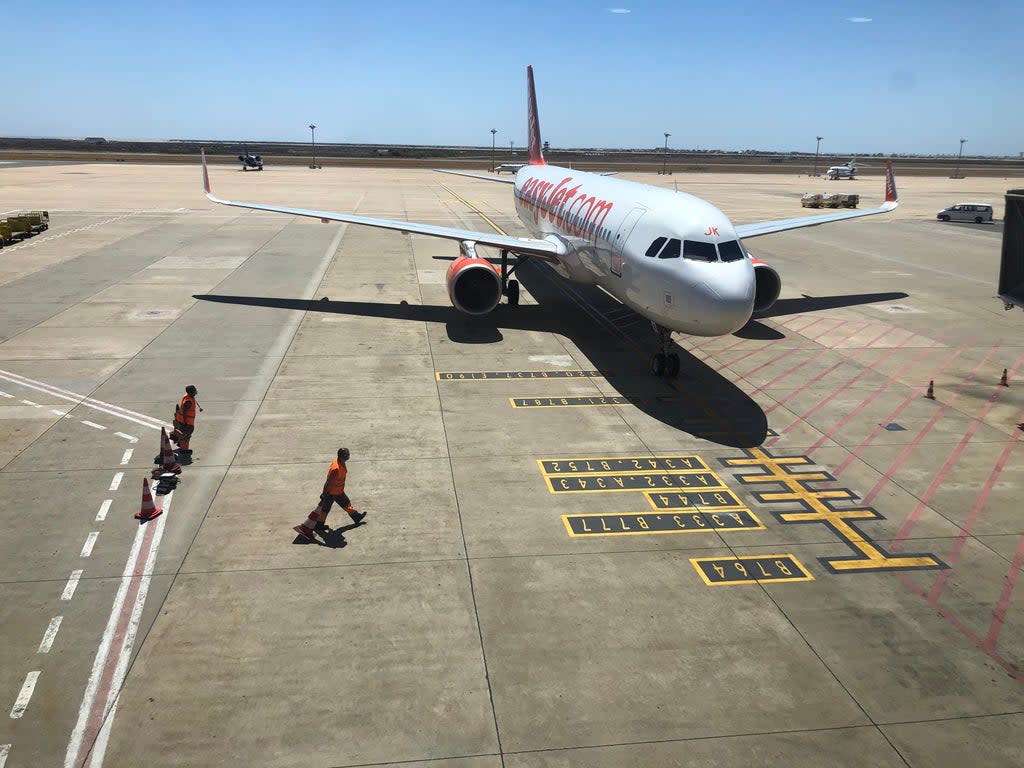EasyJet ‘optimistic’ despite Omicron setback and Gatwick competition

Britain’s biggest budget airline, easyJet, says the Omicron variant of Covid-19 led to a “pause” in recovery.
Losses continued for the final three months of 2021, but almost halved compared with the previous year. The airline operated 64 per cent of its 2019 schedule between October and December.
But the chief executive, Johan Lundgren, said: “We have many reasons to be optimistic about the year ahead.”
He told The Independent that he expected many testing requirements to be lifted across Europe within the next two weeks.
During October and November 2021, the airline filled over 80 per cent of its seats – but the “load factor” slipped back in December due to the Omicron variant and travel restrictions such as the need for a pre-departure test for passengers to the UK.
The rules were eased on 5 January and all post-arrival testing to the UK will be scrapped for fully vaccinated travellers from 11 February.
The airline says capacity from July to September is close to 2019 levels.
“We see a strong summer ahead, with pent up demand that will see easyJet returning to near 2019 levels of capacity with UK beach and leisure routes performing particularly well,” easyJet’s chief executive said.
At the carrier’s main base, Gatwick, British Airways is resuming its short-haul operation with a new low-cost subsidiary, while Wizz Air is setting up a base for routes that will compete with easyJet.
Mr Lundgren told The Independent: “We’re not complacent about any of our competitors. But we’re pleased with the presence that we’re going to have at Gatwick this summer.”
While easyJet will have 79 aircraft based at the Sussex airport, Wizz Air will have just five. British Airways is expected to have around 16 planes.

 Yahoo News
Yahoo News 
